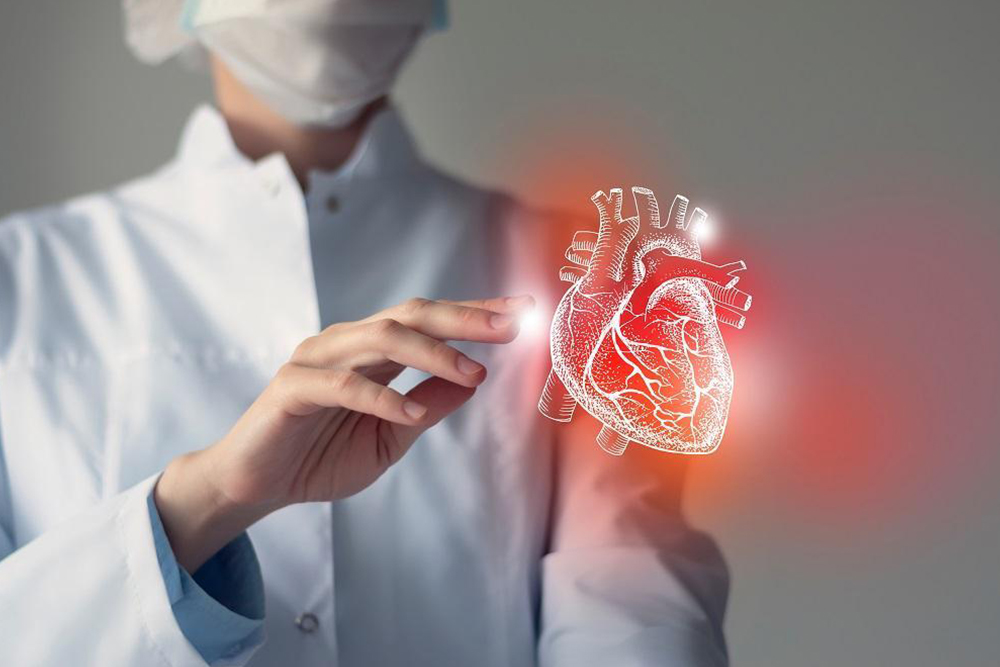

Heart disease, an umbrella term for multiple conditions affecting the heart's structure and function, continues to be the leading cause of death in the United States. One specific type, coronary heart disease (CHD), also referred to as coronary artery disease or ischemic heart disease, occurs when the arteries of the heart become narrowed or blocked to deliver sufficient oxygen-rich blood to the heart muscle.
Coronary heart disease (CHD) can be unpredictable, with symptoms varying significantly among individuals, even those with the same type of CHD. However, a concerning aspect is that many people experience no symptoms at all, which can lead to delayed diagnosis. The first signs may appear as chest pain, a heart attack due to blocked blood flow, or even sudden cardiac arrest, where the heart stops pumping altogether.
To identify what coronary heart disease (CHD) is, you need to understand both the condition itself and the symptoms it can cause. Risk factors for CHD include high blood pressure, high cholesterol, diabetes, smoking, and a family history of the disease.
While coronary heart disease (CHD) isn't curable, doctors work carefully on how to treat coronary heart disease, developing personalized treatment plans that combine medication, lifestyle changes, and minimally invasive procedures or surgery when necessary, to improve the well-being of patients and reduce the risk of complications. This consists:
Maintaining a healthy lifestyle is the cornerstone of managing CHD and preventing its progression. Here's what you can do:
Medications are another essential component of coronary heart disease treatment. They help in lowering risk factors and easing symptoms. These treatments involve:
In some cases, surgical intervention may be necessary to further improve blood flow to the heart. These procedures include:
Angioplasty involves the placement of a small balloon into the blocked blood vessel to widen it, followed by the insertion of a stent to keep the blood vessel open. On the other hand, CABG surgery works to improve blood flow to the heart, thereby easing angina symptoms. Additionally, an ICD, a small device positioned near the heart, monitors and corrects irregular heart rhythms.
Remember, early detection is important for managing CHD effectively. By making positive lifestyle changes and following your doctor's recommendations, you can significantly reduce your risk of complications and live a long, fulfilling life.